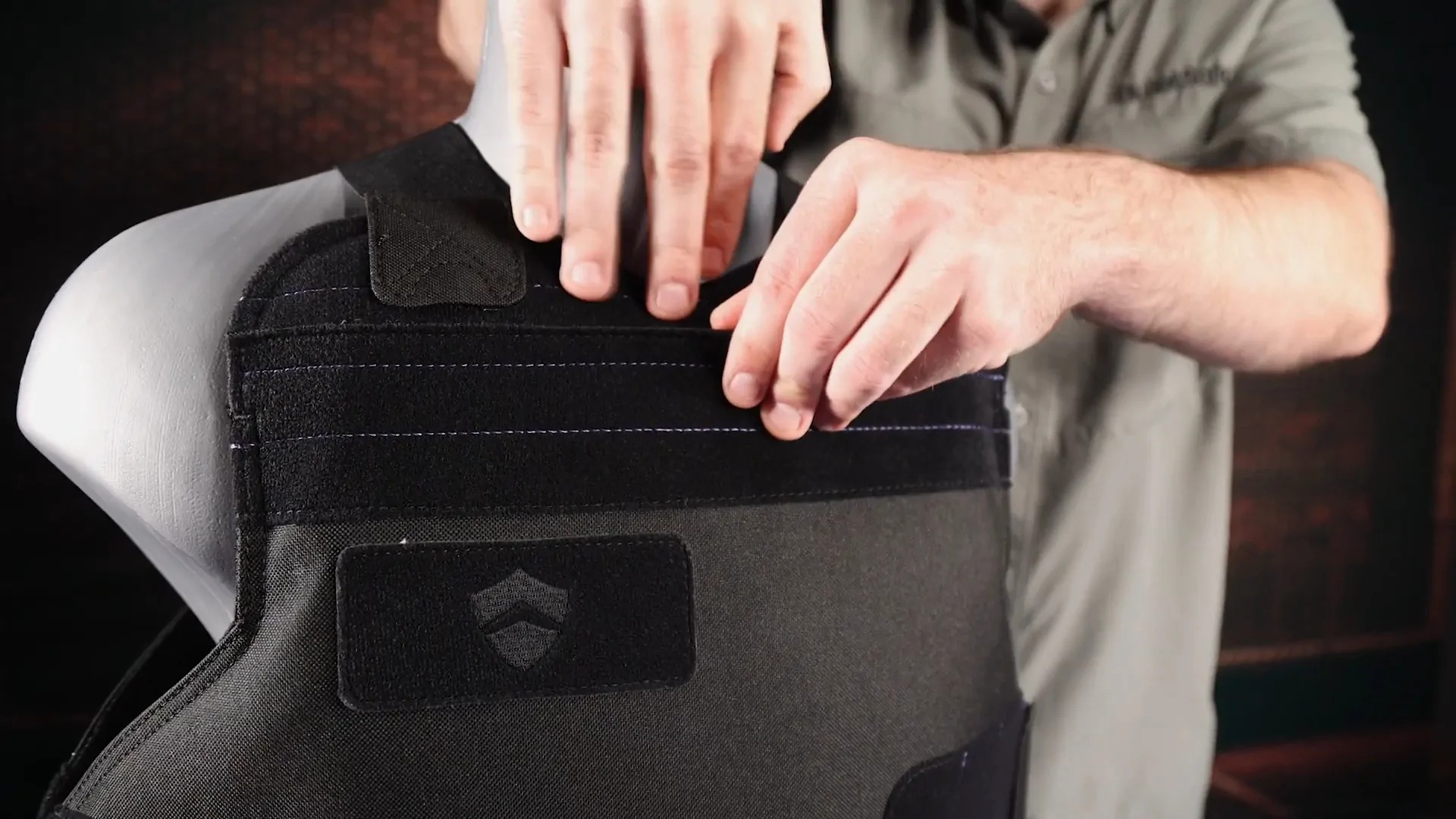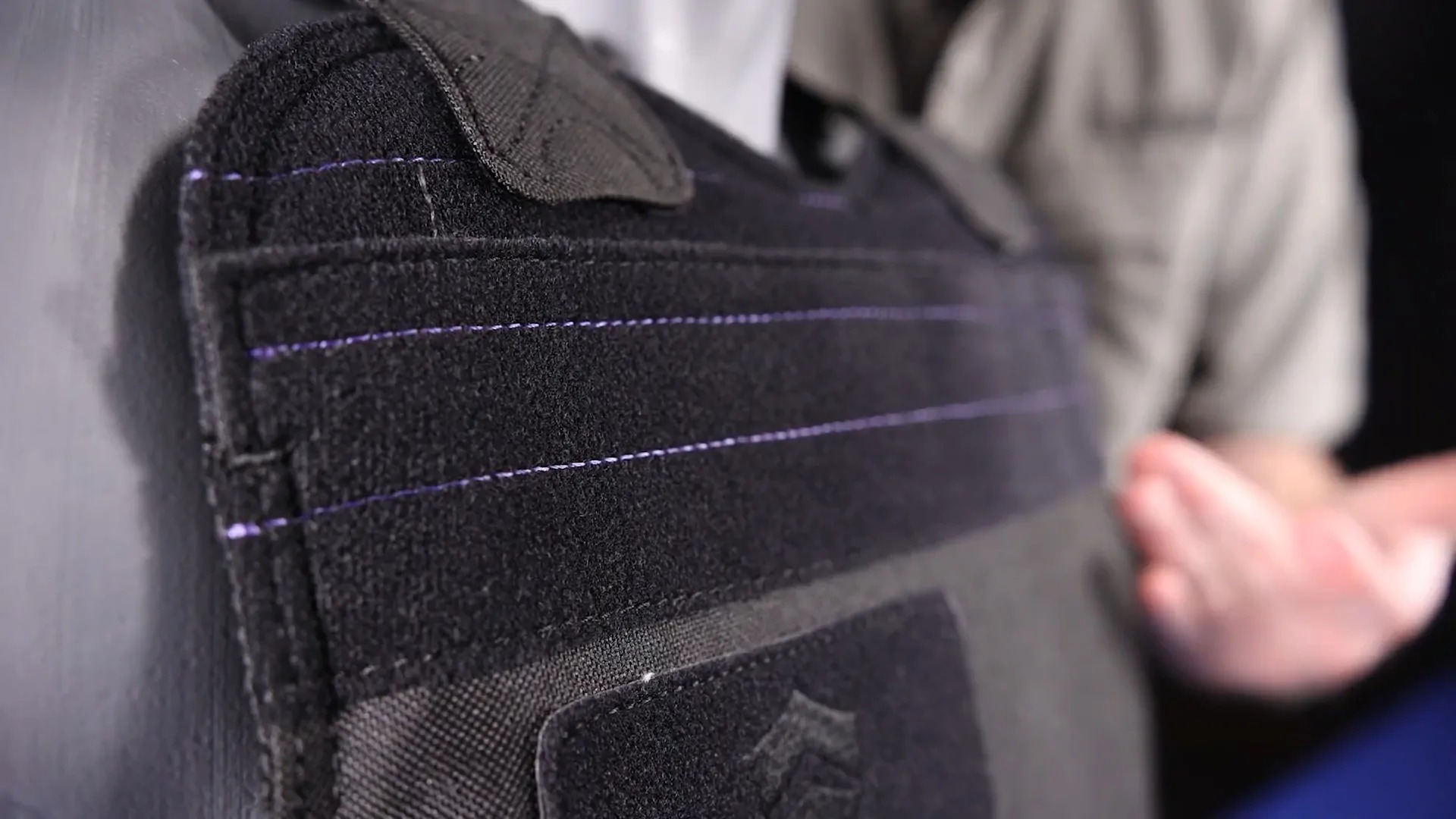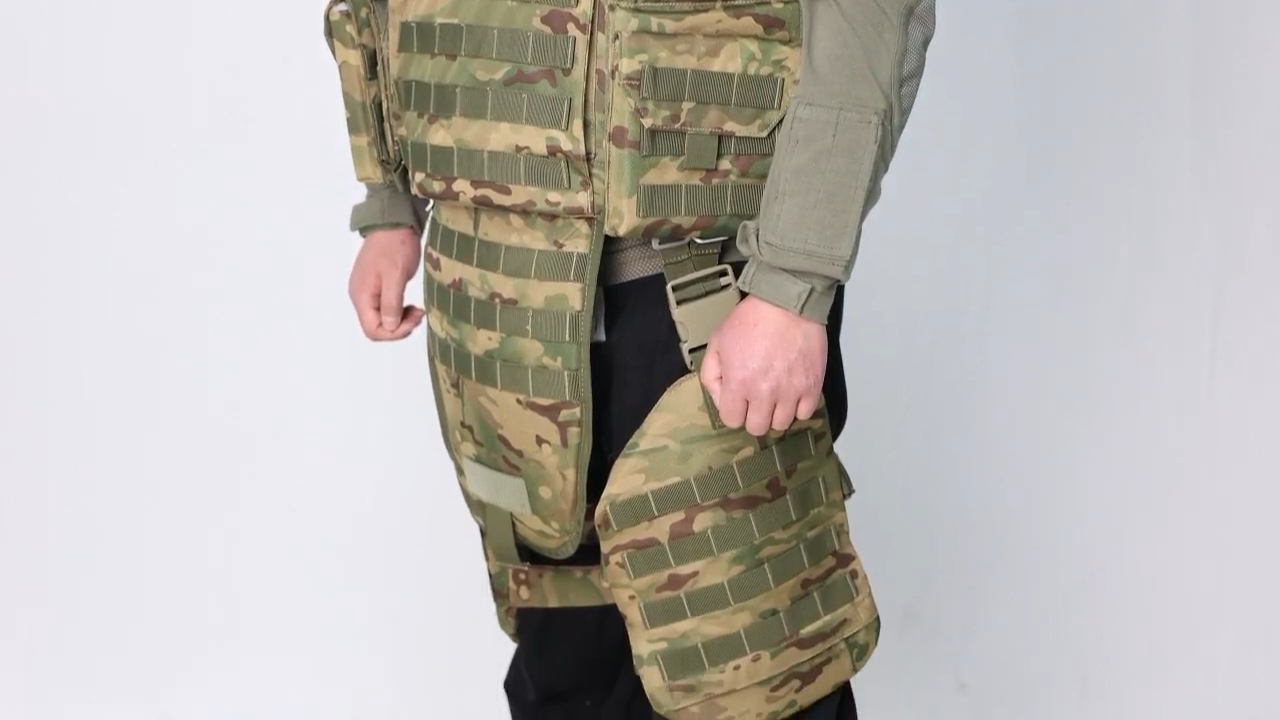In 2025, the body armor laws surrounding the purchase and use in California are a vital topic for those concerned with personal safety and legal compliance.
Civilians, security professionals, and law enforcement personnel are increasingly seeking body armor designed to protect against ballistic threats.
California’s body armor law allows citizens to protect themselves and prevent the misuse of this protective gear in criminal activities.
Today, we want to touch on recent legislative efforts to regulate the sale of body armor and the potential penalties for violating these laws.
California Body Armor Law
Any California resident without a criminal record can legally purchase, own, and wear protective gear, per local body armor law.
There are no additional restrictions for law-abiding citizens regarding possession or use.
- Penalties for Felons: According to California Penal Code Section 12022.2, felons found wearing body armor during the commission of a crime face additional legal consequences:
- Sentencing enhancements of 1, 2, or 5 years, depending on the nature of the crime and other circumstances.
- Failed Attempts to Restrict Sales:
- In 2023, Assembly Bill 92 proposed banning the sale of body armor to the general public.
- The bill aimed to reduce the risk of criminals using protective gear in crimes.
- Despite these efforts, the bill did not pass, and the sale remains unrestricted for law-abiding individuals.
- Felon Restrictions: Felons continue to face strict limitations on possessing body armor, with severe penalties for violations, particularly if they are involved in criminal activity.
Being fully aware of both federal and state regulations is essential for anyone considering purchasing body armor in California, particularly due to the restrictions placed on convicted felons.

Legal Definition
Body armor refers to protective gear designed to absorb or deflect physical attacks, particularly from firearms.
It primarily covers the torso and includes numerous items, such as bulletproof vests, which are made from materials that provide different levels of ballistic protection.
| Type of Armor | Description | Advantages | Disadvantages |
|---|---|---|---|
| Soft | Lightweight, flexible, designed to stop handgun rounds. | Comfortable, ideal for everyday use. | Limited protection against rifles. |
| Hard | Rigid plates made from steel, ceramic, or polyethylene, stops rifle rounds. | High protection. | Heavy, bulky, less comfortable. |
| Combination | Mix of soft and hard for enhanced, versatile protection. | Flexible, covers more threat levels. | Heavier than soft armor. |
Both types of armor aim to protect the wearer from gunshot wounds, but they vary significantly in terms of weight, bulk, and the level of protection they offer.
While federal laws generally do not restrict which type of armor civilians can own, state-specific regulations, especially for individuals with criminal backgrounds, may impose certain limitations.
It’s important to understand these distinctions, particularly for civilians, law enforcement officers, and military personnel, to choose the appropriate level of protection based on the anticipated threat.
Federal Laws Governing Body Armor

The United States enforces federal regulations that limit who can legally own or possess body armor.
Key points of the law include:
- 18 U.S.C. 931: This federal statute prohibits individuals convicted of violent felonies from purchasing, possessing, or using body armor.
The intent behind the law is to prevent convicted felons from becoming more resistant to law enforcement efforts during apprehension or from using one of these in future criminal activities.
Exceptions exist in rare cases, such as when a felon receives written permission from their employer, usually for specific roles like security jobs. The Secretary of the Department of Justice must approve the permission.
- Unlike firearm sales, retailers are not required to conduct background checks when selling.
- Retailers are also not obligated to maintain records of the sales.
State-specific restrictions:
- Illinois requires buyers to present identification when purchasing body armor, adding a layer of verification to the transaction.
- Texas prohibits convicted felons from possessing, aligning with federal regulations but ensuring additional enforcement at the state level.
Although federal law allows individuals without felony convictions to purchase and possess, it’s important to note that state laws can impose additional requirements or restrictions. Always check local regulations to ensure compliance.
Where to Buy Protective Gear in California

In California, law-abiding citizens have multiple avenues to purchase body armor. There are no major restrictions on where or how individuals can buy it.
- Physical stores
- Gun shows
- Online retailers
In fact, buying these is often easier than purchasing a firearm, as there are no requirements for:
- Mandatory background checks
- Waiting periods
- Identification for face-to-face sales
This ease of access makes it a practical option for many Californians concerned with personal safety.
Moreover, California law does not require retailers to maintain records of body armor sales, meaning purchases are not tracked by state or federal authorities.
However, some vendors may:
- Voluntarily keep records
- Impose their restrictions, depending on the type of protective gear sold
Although online sales are permitted, buyers must ensure they purchase from reputable dealers to avoid counterfeit or substandard products.
For most Californians, acquiring body armor is straightforward, whether through an authorized dealer in person or online.
The Bottom Line
California maintains a relatively permissive stance on the purchase and use of body armor for law-abiding citizens.
While individuals without a criminal record can buy and wear body armor without facing legal hurdles, felons remain prohibited from possessing it.
The state’s laws strike a balance between allowing personal protection and ensuring public safety by imposing harsher penalties on those who use body armor to aid in criminal activities.
Related Posts:
- What Are the Different Body Armor Types and Levels…
- Can You Join the Army with Scoliosis? What You Need…
- Is Ibiza Safe in 2025? What You Need to Know Before You Go
- What Criminal Charges Can Disqualify You from…
- Can You Have Tattoos in the Military? Rules Explained
- What Medications Can Disqualify You from the Coast Guard?







